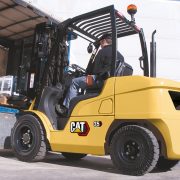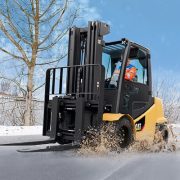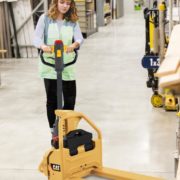Navigating Heights in 2023: Radnes’ Year in Review and Holiday Wishes
As the year draws to a close, we at Radnes would like to take a moment to reflect on the incredible journey we’ve had in 2023. As a leading forklift company in the UK, we are grateful for the trust and support of our valued clients and partners.
A Year of Achievements:
This year has seen our forklift solutions play a vital role in various industries across the UK. From warehouses to construction sites, our robust and reliable forklifts have been instrumental in facilitating the smooth flow of operations. We take pride in the success stories of our clients, knowing that we have contributed to their efficiency and productivity.
In 2023, we expanded our fleet with the latest advancements in forklift technology, ensuring that our customers have access to the most cutting-edge equipment. Our commitment to innovation and sustainability remains unwavering, as we continuously strive to reduce our environmental impact and provide eco-friendly solutions.
Expressing Gratitude:
At this festive time of year, we want to extend our heartfelt gratitude to our clients, partners, and the entire Radnes family. Your trust in our products and services has been the driving force behind our success. We are thankful for the relationships we’ve built and the collaborations that have strengthened our position as a reliable forklift provider.
Wishing You Happy Holidays:
As the holiday season approaches, we would like to take this opportunity to wish everyone a joyous and peaceful holiday season. May you find time to relax, cherish moments with loved ones, and reflect on the accomplishments of the past year. Whether you celebrate Christmas, Hanukkah, Kwanzaa, or any other festive occasion, we hope it brings you warmth and happiness.
Looking Ahead to 2024:
As we stand on the brink of a new year, we are excited about the possibilities that 2024 holds. Radnes remains committed to delivering top-notch forklift solutions, tailored to the evolving needs of our diverse clientele. We anticipate more challenges, more opportunities, and more milestones to achieve together.
In the spirit of the season and the optimism that a new year brings, we look forward to strengthening existing partnerships and forging new ones. Our team is dedicated to providing exceptional service, and we are eager to embark on the journey that 2024 has in store for us.
Happy holidays from all of us at Radnes!







